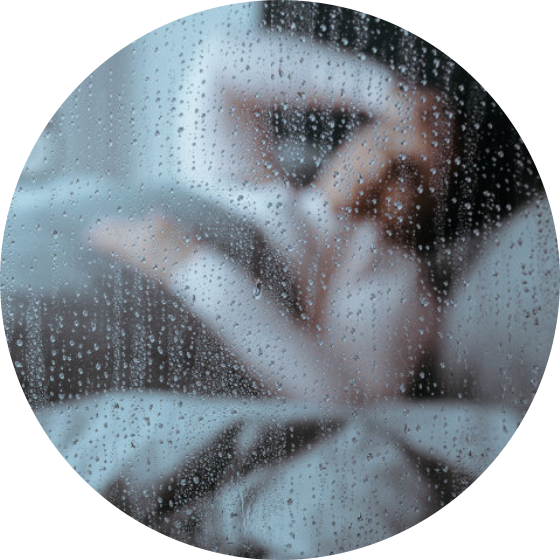Hypnagogic Hallucinations
Last updated: December 2021
Home > Information & Support > Adults > Sleep Disorders >Hypnagogic hallucinations are characteristic of stage one sleep where there is a transitioning between waking and sleeping. Hypnagogic hallucinations are not the same as nightmares which are scary and disturbing dreams that happen in REM sleep.
It belongs to the parasomnia group of disorders and they occur as a person starts to fall asleep. The hallucination is a vivid dream-like sensation that feels very real and can leave a person feeling afraid and disorientated.
It is more common in teenagers and young adults, and women experience them more than men.
Sleep paralysis can accompany these hallucinations and people may also experience hypnagogic jerks along with dreams, exploding head syndrome symptoms like bright lights or loud sounds, or sensations of falling.

Exploding Head Syndrome
Although the name sounds horrific and painful, exploding head syndrome is a type of hypnagogic hallucinations where people hallucinate a very loud sudden noise (like an explosion) as they fall asleep. It is quite rare and can be accompanied by leg jerks.
Causes of hypnagogic hallucinations
- Drugs and excessive alcohol consumption: these can produce hallucinations.
- Anxiety and insomnia: can be at the root and if may be advisable to speak to someone about how to deal with stress.
- Narcolepsy: hypnagogic hallucinations and sleep paralysis are trademark signs of narcolepsy.
Treatment of hypnagogic hallucinations
Hypnagogic hallucinations are not usually a risk to health but if they stop you from sleeping well or cause distress then it’s important to see a GP who may prescribe medication.
There are links between hypnagogic hallucinations and narcolepsy so if you experience hallucinations frequently, it is worth consulting your GP or a sleep specialist.
Making changes to sleep and lifestyle habits can help the condition. Have a regular sleep schedule, put strategies into place to cope with stress and anxiety and avoid alcohol and drugs.
